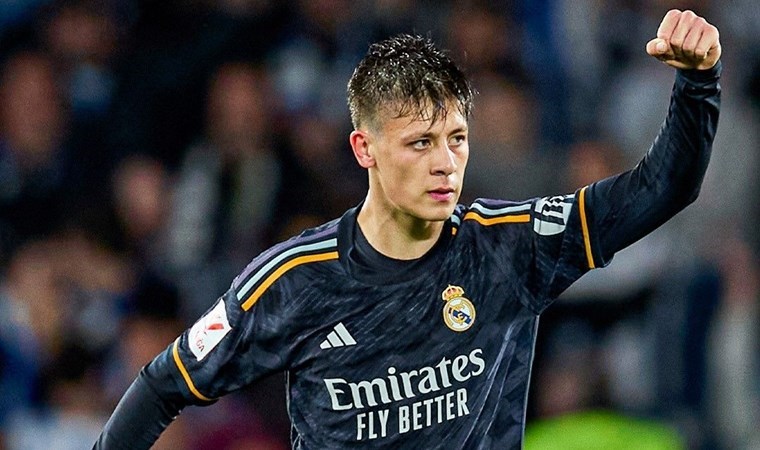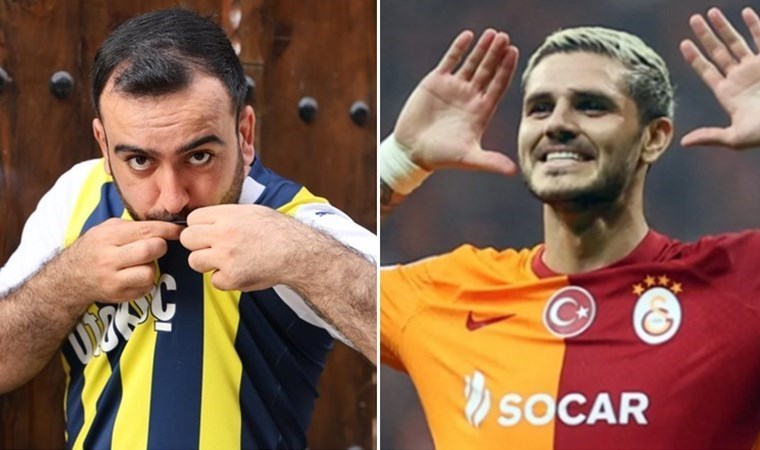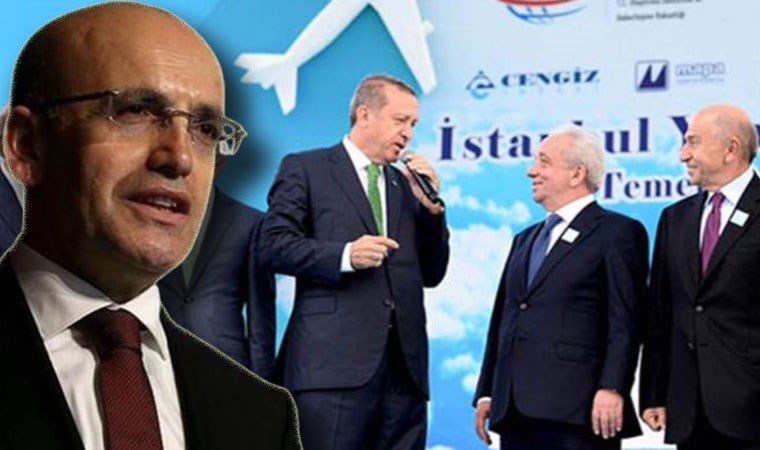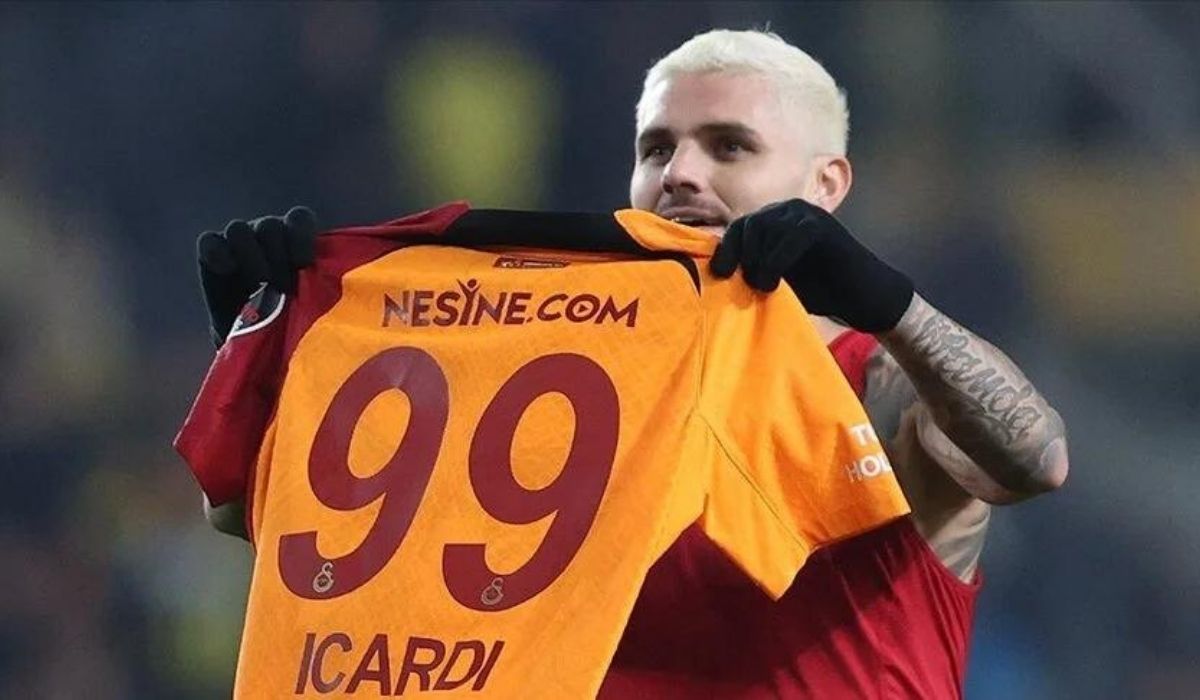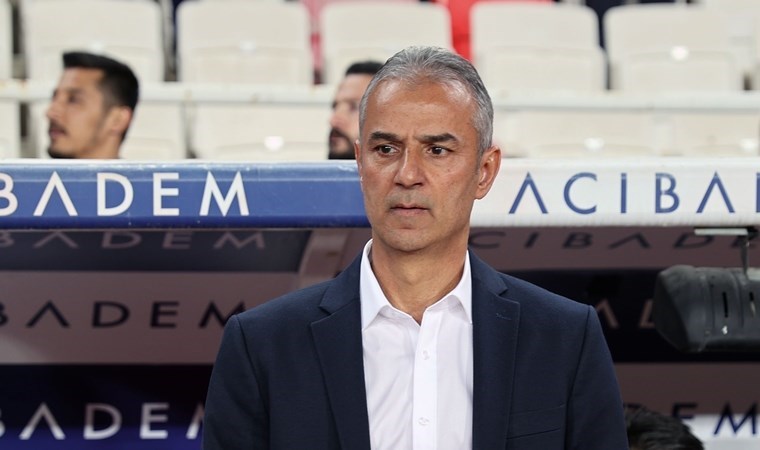Analysis: French President Macron's visit to China
Macron's visit once again show that major reason behind almost all of China's foreign policy moves is tensions with US.
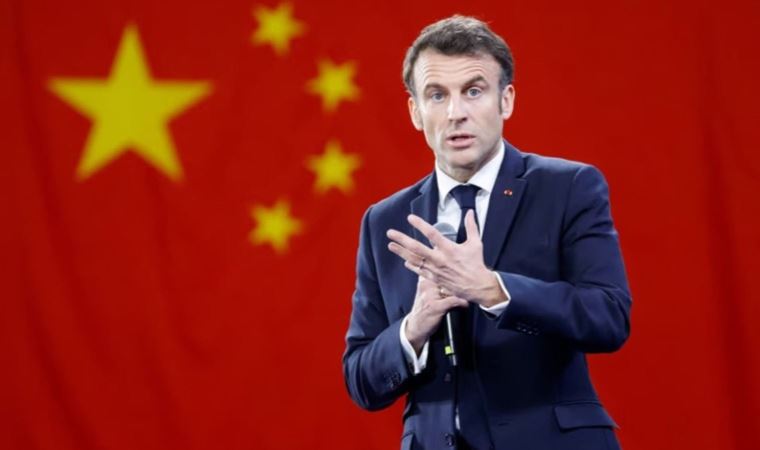
In three questions, foreign policy analyst Kadir Temiz analyzes the purpose of French President Emmanuel Macron's March 23-25 visit to China and its possible consequences for international politics.
What was the purpose of Macron's visit to China?
After the new Politburo and Cabinet of the Chinese Communist Party (CCP) took office in March, China saw increased diplomatic traffic; the prime ministers of Singapore, Spain, and Malaysia paid a visit to Beijing, the country brokered a peace deal with Iran and Saudi Arabia, President Xi Jinping met his Russian counterpart Vladimir Putin in Moscow, and lastly, French President Emmanuel Macron came to China for a three-day visit.
China's well-known strategy is to keep Europe on its side as much as possible in its competition with the US by using divisions within the EU.
However, there are also many EU countries that approach relations with China with caution.
The COVID-19 outbreak, human rights violations, and Russia's war on Ukraine have also increased EU suspicions of China.
In the EU Commission's 2019 strategy document, China was defined as a "competitor and systemic rival." However, there are also some EU countries that are seeking closer ties with China.
Macron, who advocates a more moderate and balanced approach to China, was greeted with great pomp and high-level diplomatic courtesy during his visit last month.
One reason for this high-level reception for Macron was to strengthen the hand of EU countries that want to establish stronger relations with China.
Macron, who is aware of this situation, also invited Ursula von der Leyen, president of the European Commission, to accompany him to show unity and also the differences within the EU.
However, the Chinese media mostly focused on Macron and ignored von der Leyen, who is known for her tough criticisms of China.
The low-profile hospitality von der Leyen received due to her more rigid stance towards China was seen as a message to the EU, one making a clear distinction between France and the EU.
What main points stood out during his visit?
Ahead of the visit, Macron's main goal was to establish stable economic relations with China after COVID-19 and to take some sort of action against the instability that Russia has created in Europe.
Therefore, economic relations were carefully highlighted during the visit. However, the Ukraine war was largely among the secondary topics of the visit.
The interest that China showed in Macron and the message it conveyed to European countries in this way was unexpected.
China and France stressed economic cooperation rather than political and geopolitical disagreements in bilateral relations, and both countries signed a series of important cooperation agreements.
The agreements covered such areas as energy, food security, climate change, and technology.
One of the main objectives of the visit for France was to pull China as close as possible to it, at least economically, against Russia.
With the visit, this goal was achieved, but in the Russia-Ukraine war, they did not get what they want.
Von der Leyen's remarks at a press conference that Xi expressed his intention to meet with Ukrainian President Volodimir Zelenskyy under appropriate conditions and at the right time were not reciprocated by China.
How might the visit and collaborations affect international politics?
China was on the winning side of the visit.
Even the excessive sensitivity and kindness shown by Xi and the state officials towards Macron were enough to see China's satisfaction with the visit.
Following Macron's visit, China achieved remarkable success in at least three fields.
Firstly, by signing agreements with France and deepening economic relations, it dealt a blow to the EU treating China as a "competitor and systemic rival." Thus, political and geopolitical issues were also covered up.
Secondly, China sent the message that it wants to develop economic relations without abandoning caution on the Ukraine war.
By remaining silent on the Ukraine war, it did not harm the Russia-China rapprochement that occurred after Xi's trip to Moscow.
Thirdly, Macron's visit once again showed that the major reason behind almost all of China's foreign policy moves is the US-China tension.
Believing that it is being surrounded and isolated by the US applying a Cold War strategy, China seems to have divided the US-EU alliance with Macron’s visit.
Indeed, during Macron's visit, the historical course of China's relations with Europe was frequently covered by the Chinese media, referring to late French President Charles de Gaulle's separation from Europe and America by recognizing communist China in 1964, much earlier than US and fellow European countries.
Today, it remains to be seen whether France will play a similar role in the world of today, which, as Xi put it, is experiencing a world “undergoing major changes unseen in a century."
China's growing economic and political influence with the Belt and Road Initiative, particularly in underdeveloped countries, in both Africa and Europe, can keep France's relationship with China balanced for a while longer.
It is not difficult to predict that France, as a NATO and EU member, will act within the framework of the strategy of the Western alliance in the face of China's rising influence and demands.
What is really important is to bring China as close as possible to the interests of France and the EU, both economically and diplomatically, in the short term.
Efforts to keep China, the world's second-largest economy, within the global economic and political order, show that some Western countries, such as France, may sometimes play a different role in their relations with China.

En Çok Okunan Haberler
-
 İstanbul'da zincirleme kaza
İstanbul'da zincirleme kaza
-
 En yüksek faizi hangi banka veriyor?
En yüksek faizi hangi banka veriyor?
-
 Polis meslektaşlarına ateş etti
Polis meslektaşlarına ateş etti
-
 Mert Hakan Yandaş'dan sosyal medyada çok sert tepki!
Mert Hakan Yandaş'dan sosyal medyada çok sert tepki!
-
 Müsavat Dervişoğlu İYİ Parti Genel Başkanı oldu
Müsavat Dervişoğlu İYİ Parti Genel Başkanı oldu
-
 Barcelona'dan Arda Güler'e büyük övgü!
Barcelona'dan Arda Güler'e büyük övgü!
-
 Kuryeden ‘görev tamam’ pozu!
Kuryeden ‘görev tamam’ pozu!
-
 ‘Sinirden kanepe örtülerini dişlemeye başladım’
‘Sinirden kanepe örtülerini dişlemeye başladım’
-
 Yıllar sonra gelen itiraf: 'Onlar varsa oynamam dedim'
Yıllar sonra gelen itiraf: 'Onlar varsa oynamam dedim'
-
 Vergide 'amansız' sıfırlamalar...
Vergide 'amansız' sıfırlamalar...





